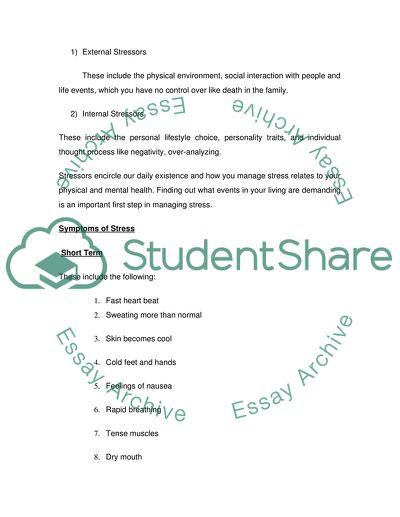Cite this document
(Stress Reduction Techniques Term Paper Example | Topics and Well Written Essays - 2500 words, n.d.)
Stress Reduction Techniques Term Paper Example | Topics and Well Written Essays - 2500 words. Retrieved from https://studentshare.org/health-sciences-medicine/1719184-stress-reduction-techniques
Stress Reduction Techniques Term Paper Example | Topics and Well Written Essays - 2500 words. Retrieved from https://studentshare.org/health-sciences-medicine/1719184-stress-reduction-techniques
(Stress Reduction Techniques Term Paper Example | Topics and Well Written Essays - 2500 Words)
Stress Reduction Techniques Term Paper Example | Topics and Well Written Essays - 2500 Words. https://studentshare.org/health-sciences-medicine/1719184-stress-reduction-techniques.
Stress Reduction Techniques Term Paper Example | Topics and Well Written Essays - 2500 Words. https://studentshare.org/health-sciences-medicine/1719184-stress-reduction-techniques.
“Stress Reduction Techniques Term Paper Example | Topics and Well Written Essays - 2500 Words”, n.d. https://studentshare.org/health-sciences-medicine/1719184-stress-reduction-techniques.


